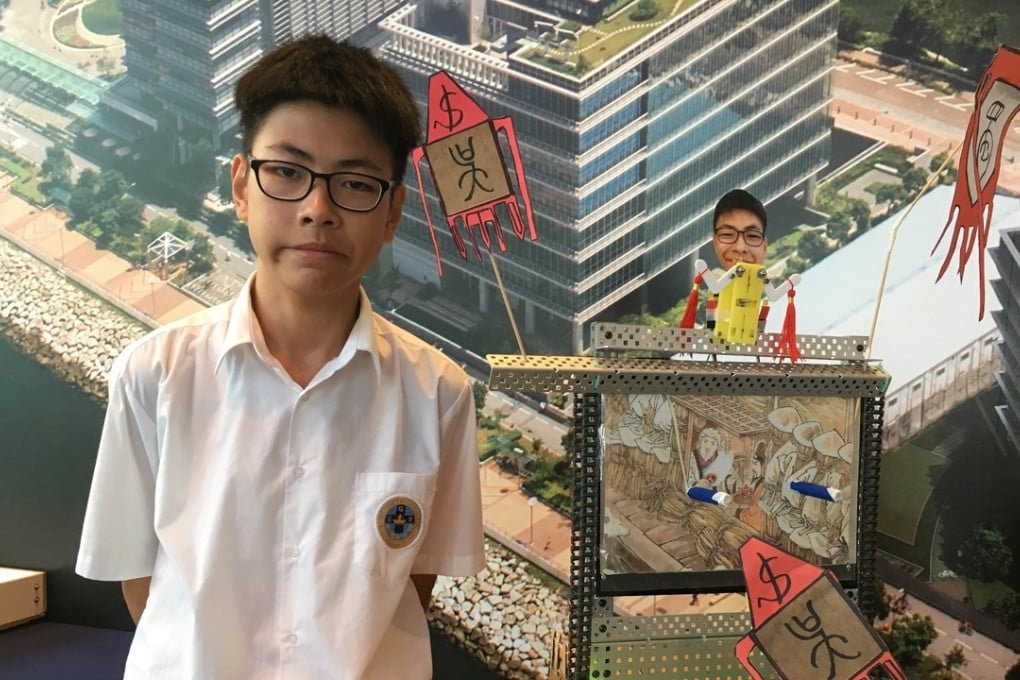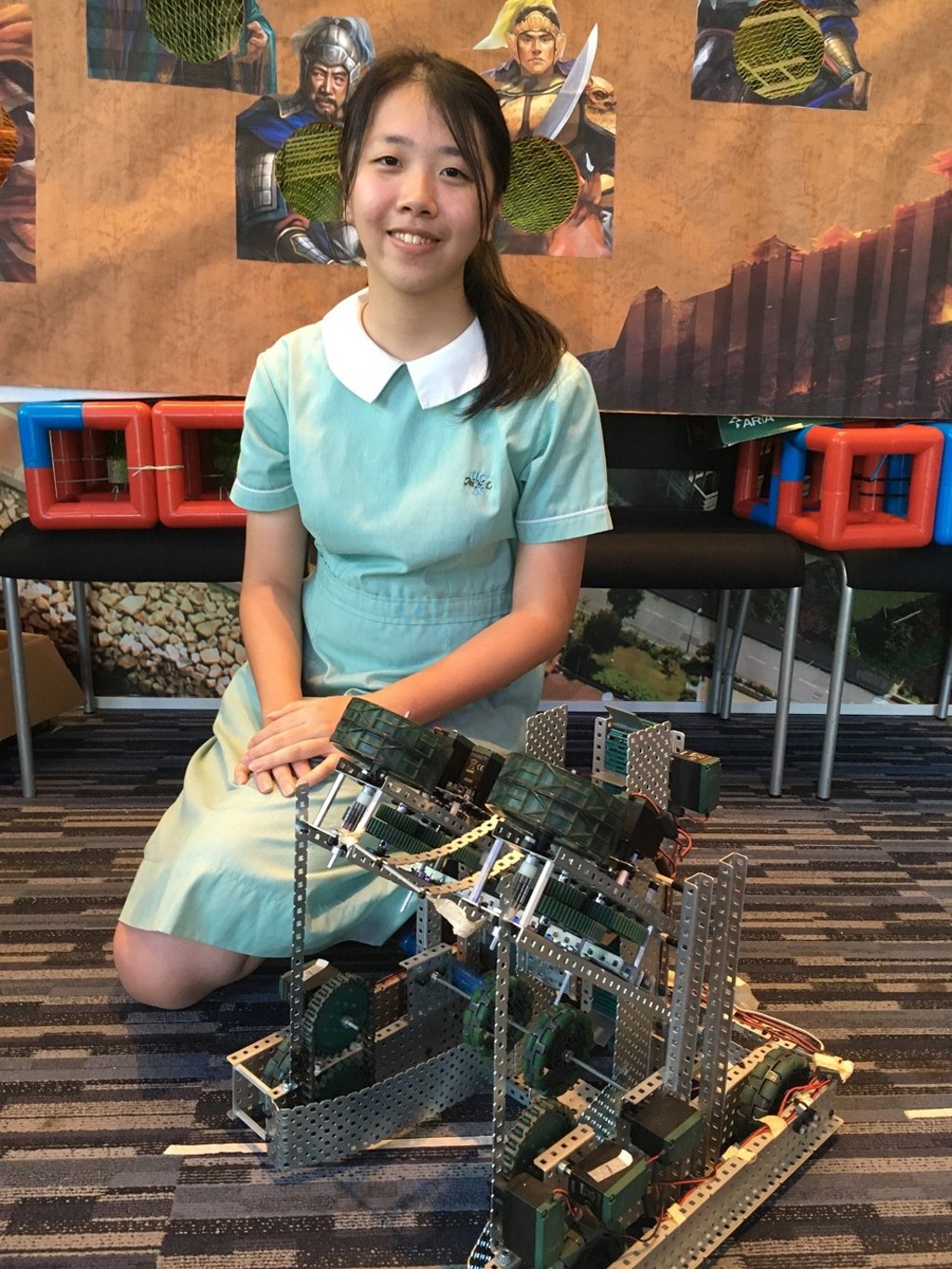Robotics competition instils interest in STEM subjects in young people
As a rapidly changing economy makes maths and technology education ever more necessary, new ways are being found to make learning fun, relevant and useful

The development of the latest exciting digital apps and games. The creation of awesome buildings, bridges and other feats of construction in the man-made environment around us. The discovery of new treatments and cures for the diseases that shorten so many lives. The invention of ingenious methods to help preserve the wonder and beauty of the natural world. All are made possible by, and have their foundations in, the STEM (science, technology, engineering, mathematics) subjects.
And, as the economy of the future is sure to look very different to the one we live in today, the value of a high-quality STEM education can have an even more immediate impact on individual lives. It is already clear many traditional jobs and careers are set to disappear, while new, totally different ones will emerge. These changes will be based, largely, on developments in digital technology, engineering and the other fields of science associated with the STEM subjects.
To prepare for this future, schools and other interested organisations are trying new ways to inspire pupils and make studying these subjects as fun and as relevant as possible. One organisation involved is Hong Kong Science and Technology Parks (HKSTP), which, as part of its corporate social responsibility (CSR) strategy, is promoting STEM education among local primary and secondary pupils, via a range of events and activities.
Recently, the HKSTP has lent its support to a robotics education programme for the Tai Po Secondary Schools Network. The planning for this programme, which was facilitated by the Tai Po District Office, has been led by the Hong Kong Young Industrialists Council. Each of the 20 secondary schools in the Tai Po District will receive HK$50,000 to purchase the kind of equipment that can enhance their teaching of robotics. The programme will last two years, with pupils’ works displayed at the end of each school year.
“During the two years of the programme, HKSTP will provide hardware and software support to the 20 secondary schools which are participating in the programme,” explains Jojo Cheung, the HKSTP’s chief marketing officer. “This will include the use of facilities in our Robo Workshops and Robotics Garage, as well as the provision of project-based learning in robot-making workshops, as an out-of-school curriculum supplement for teachers and pupils.”

